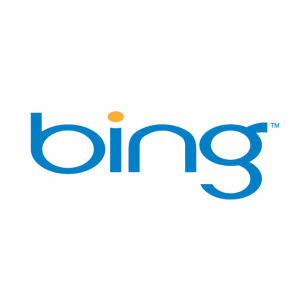 If you think Microsoft’s Bing Search Engine is satisfied with being the 2nd most used search engine, and has already given up the fight, you are very wrong. In fact, Microsoft is currently offering something unique, something that Google can’t offer right now: a more extensive use of Facebook content, which Google can’t obviously offer as their tight integration of the Google+ network to the results puts them at odds with Facebook.
If you think Microsoft’s Bing Search Engine is satisfied with being the 2nd most used search engine, and has already given up the fight, you are very wrong. In fact, Microsoft is currently offering something unique, something that Google can’t offer right now: a more extensive use of Facebook content, which Google can’t obviously offer as their tight integration of the Google+ network to the results puts them at odds with Facebook.
Under Bing’s new push for a more social search engine, queries made in the search engine will now include related content from Facebook, as well as other social networks like Twitter and even Google+.
For example, if a user is logged into Bing via Facebook while performing the search, Bing’s Social Sidebar will show related content from said user’s Facebook friends. When the sidebar feature was launched last year, it already contained information taken from Facebook, but these information were limited to the Facebook friends’ Likes, photos, and profile information. Now, Microsoft has expanded the results to include shared links, status updates, and even comments.
According to a Microsoft representative, the increased push for more social results is intended to provide a richer set of data that is also useful, relevant, and personalized for the person doing the search. It aims to leverage not only the content provided by a searcher’s friends, but also the knowledge they possess if it’s relevant to the topic being searched.
Unfortunately for foreign users, the sidebar is currently only available to U.S. users.
Bing and Facebook Graph
Bing’s addition of an expanded Facebook content seems timely, as Facebook has recently announced the beta launch of Graph Search, which is a social search tool that uses connections between users. With Facebook’s partnership with Microsoft, the gaps in Graph Search results can now be filled with Bing results.
The new Bing features are not connected with Graph Search, but Microsoft promises that they will continue to power the web search functionality on Facebook. In any case, it will be interesting to see how Facebook’s Graph Search will impact the social search on Bing, and whether the two services will work more closely together in the feature. Even more interesting is the effect this partnership between two giants will have on the search engine market, which is currently still dominated by Google. It’s not very likely that they’ll topple Google, but they will at least pose enough threat to make Google second-guess their future moves.